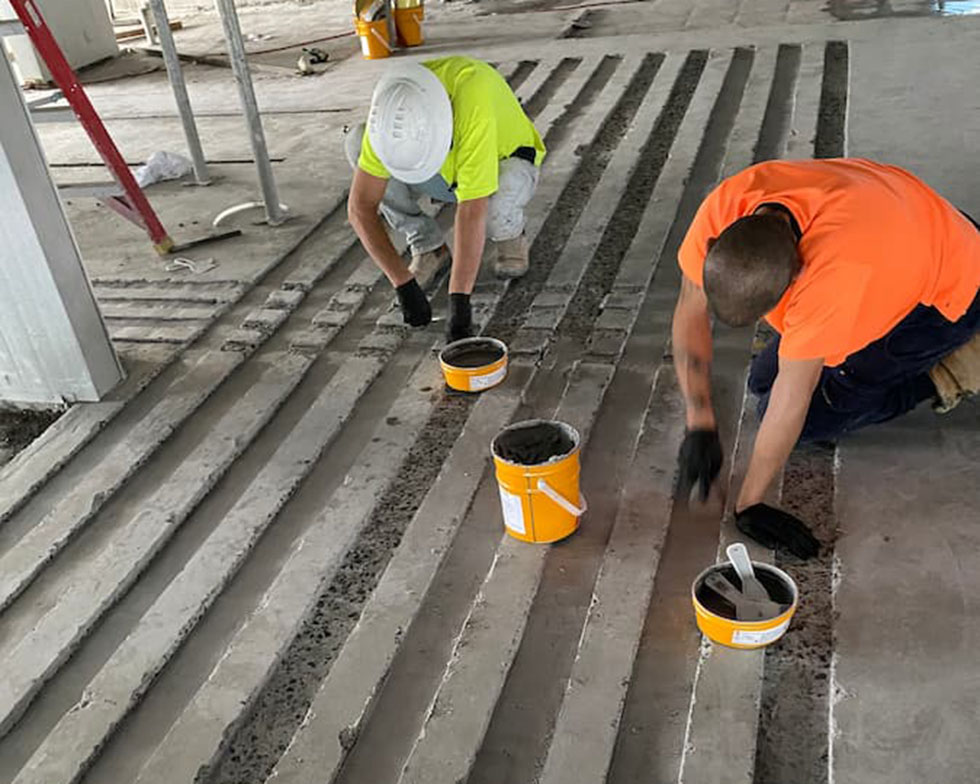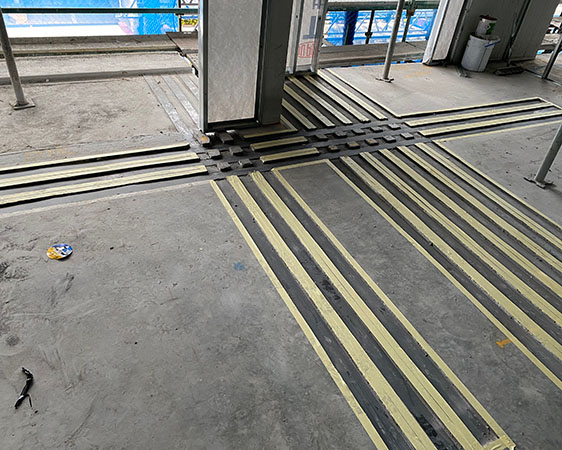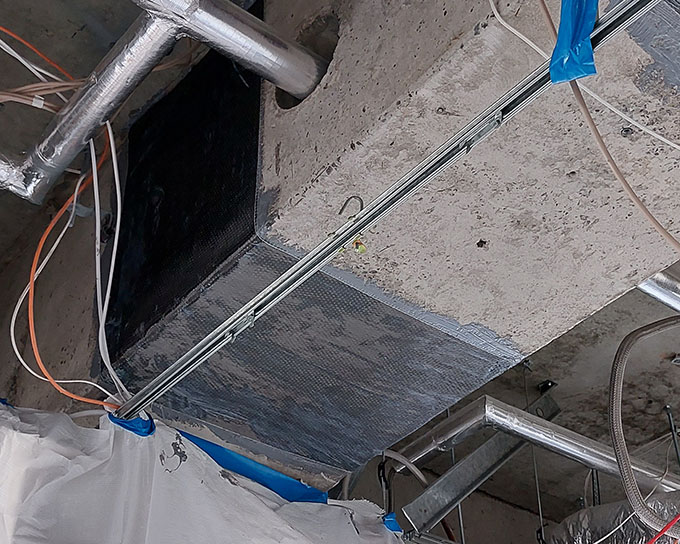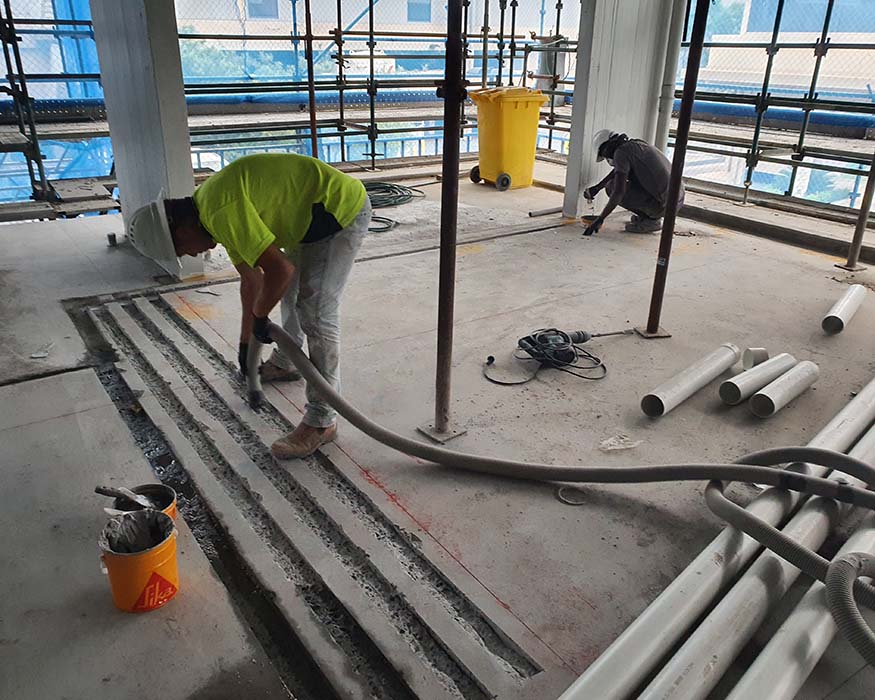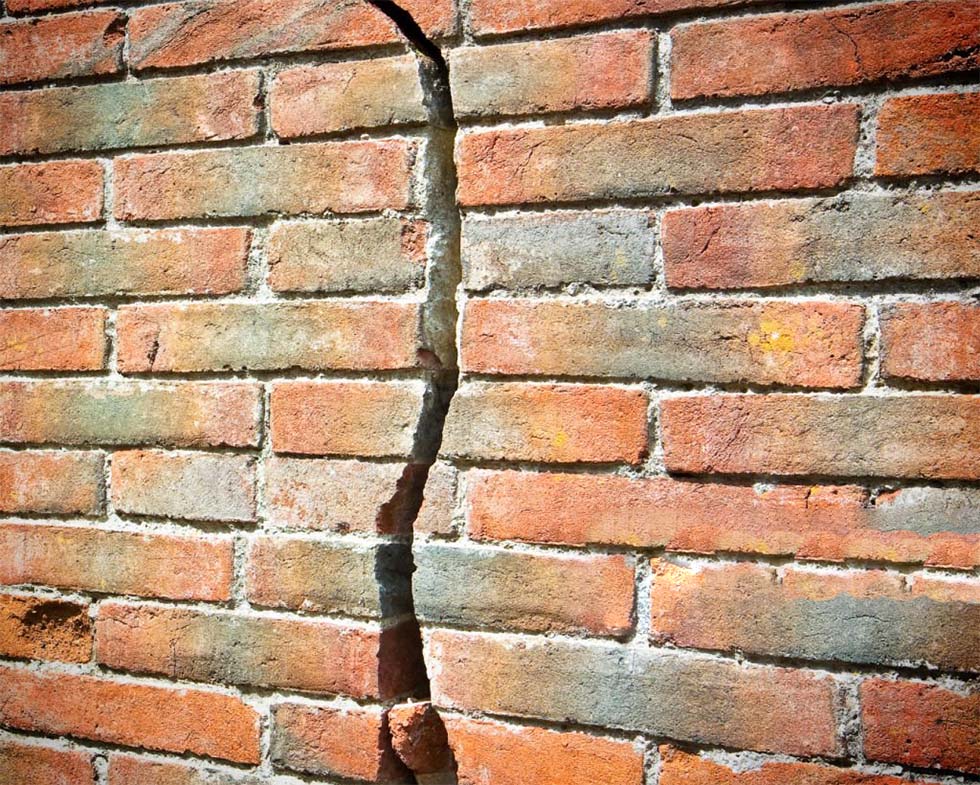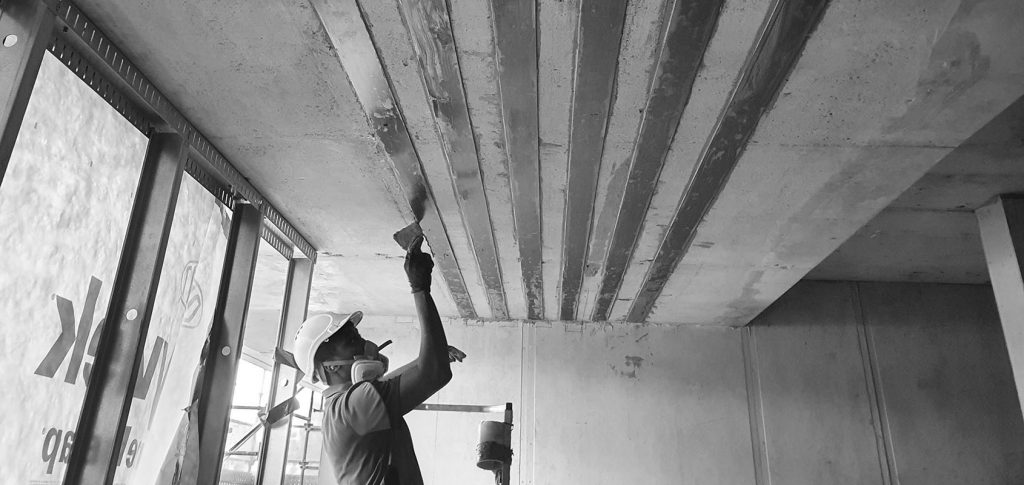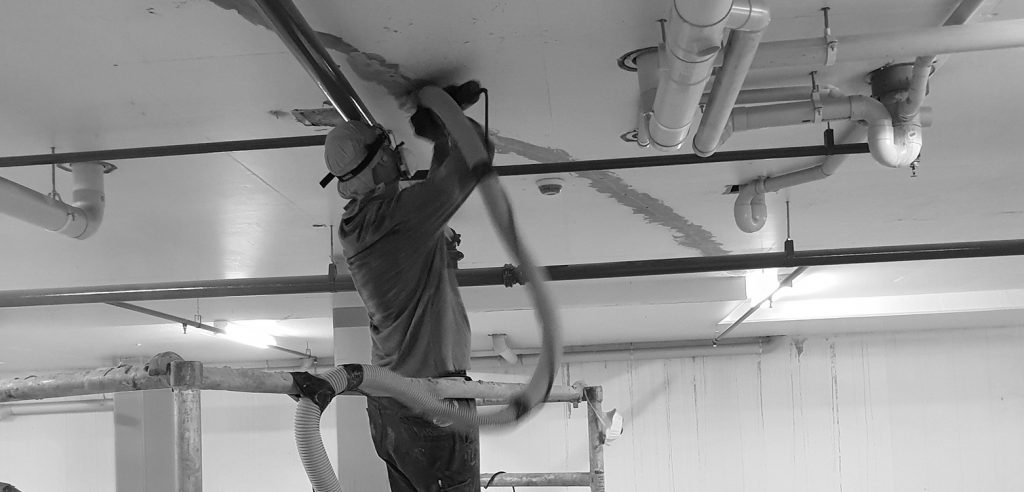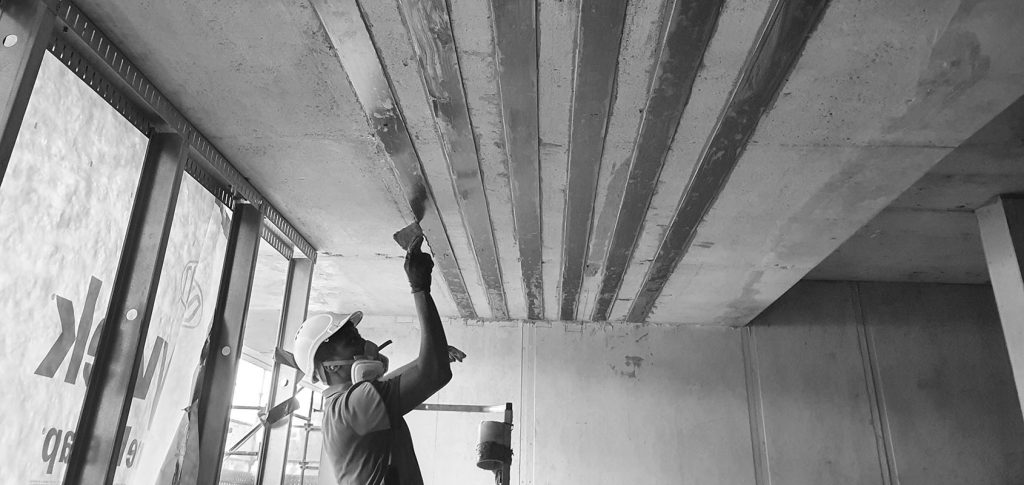How to find and repair water leakage in concrete slabs?
If you are a homeowner or business owner in Sydney, Australia, you may be familiar with concrete slabs, as they are a popular choice for construction projects. While concrete slabs are durable and long-lasting, they are not immune to wear and tear over time. One of the most common problems that can occur with concrete slabs is water leakage, which can be a major headache to deal with. In this article, we will discuss how to identify water leakage in concrete slabs, the causes of the problem, and how to fix it.
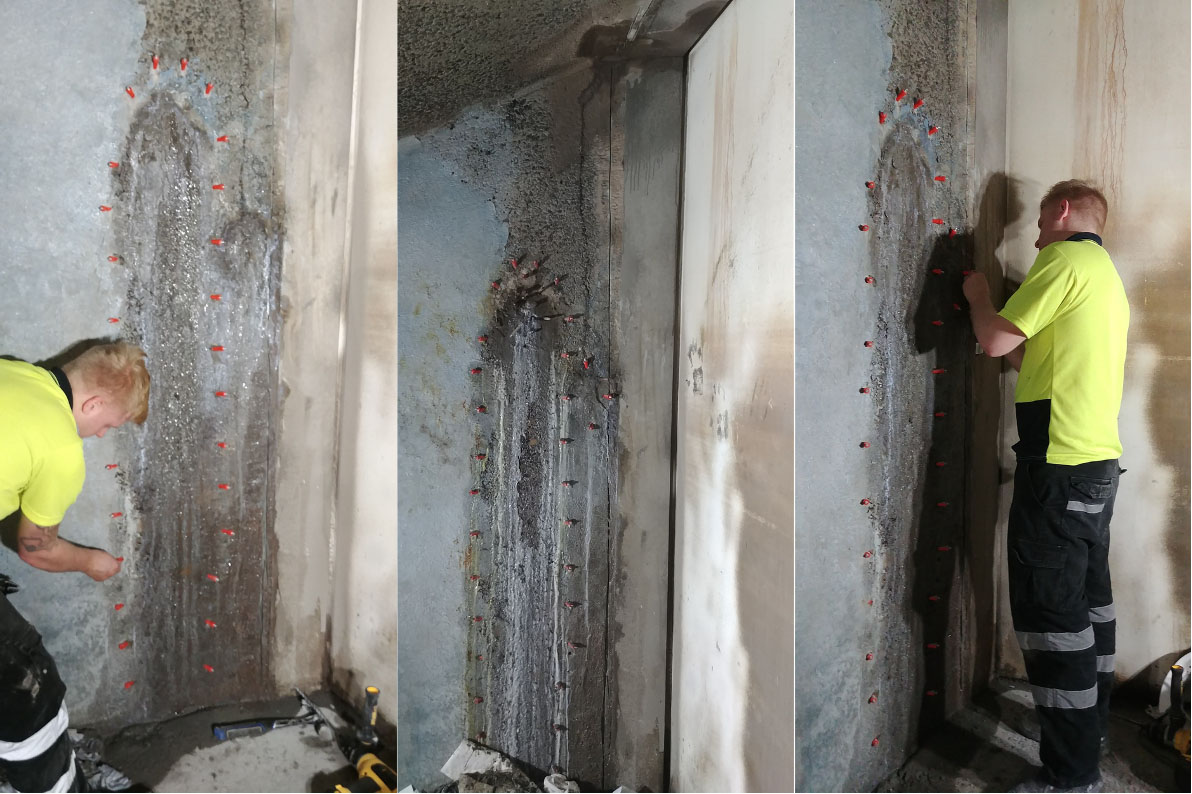
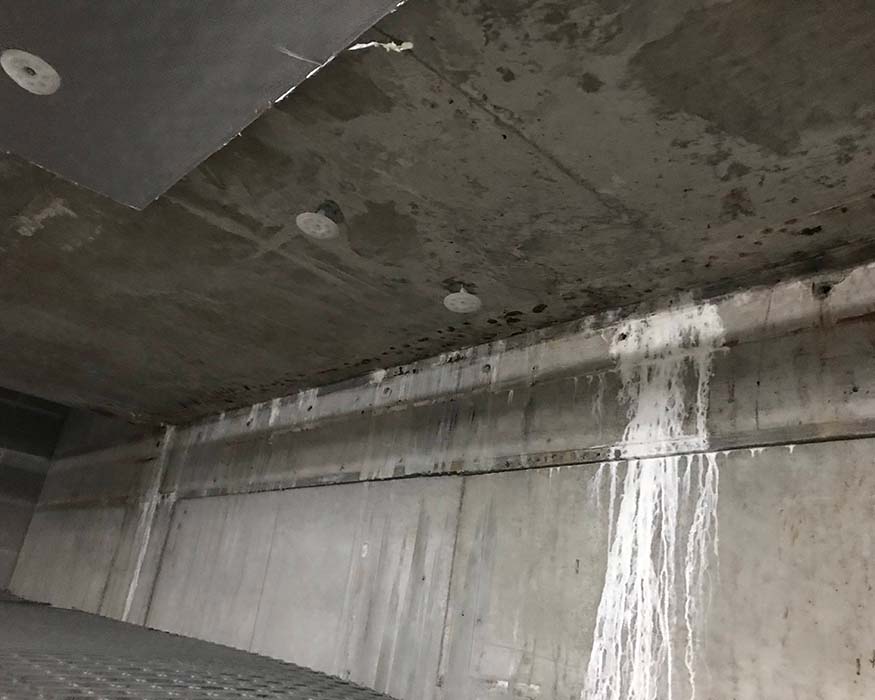
Identifying the problem:
One of the most common ways to identify water leakage in a concrete slab is to look for damp spots or water stains on the surface of the slab. Another indicator of water leakage is the presence of a musty, odour or mould growth, which can be a sign that there is excess moisture in the area. If you notice any of these signs, it is important to address the problem as soon as possible to prevent further damage.
Causes of the problem:
Water leakage in concrete slabs can be caused by a variety of factors, including poor installation, inadequate waterproofing, and natural wear and tear over time. Poor installation can lead to gaps or cracks in the concrete, which can allow water to seep through. Inadequate waterproofing can also be a factor, particularly if the concrete is exposed to the elements or is in an area with high humidity levels. Over time, the concrete may also develop cracks or fissures, which can allow water to penetrate the surface.

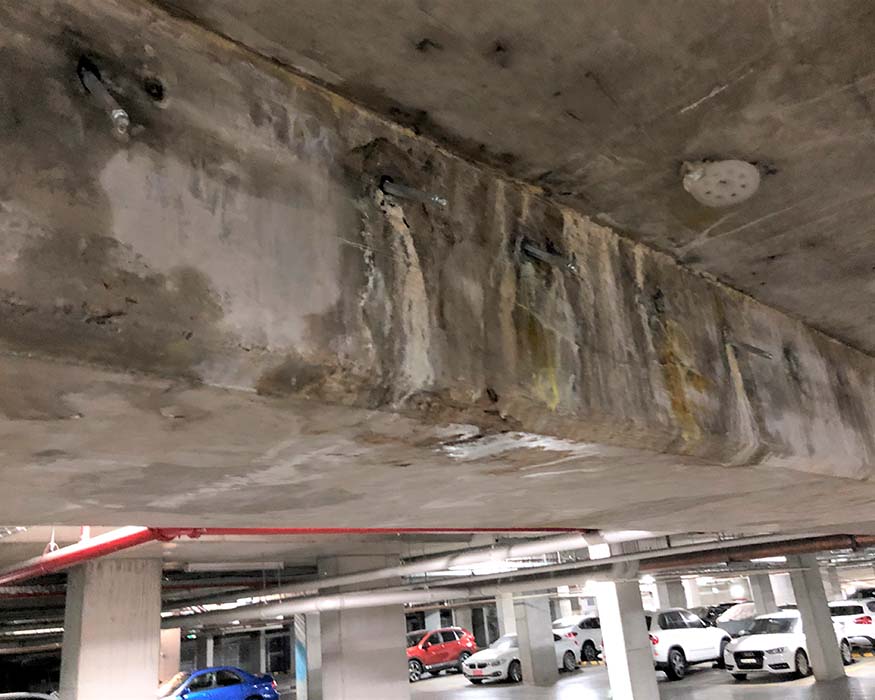
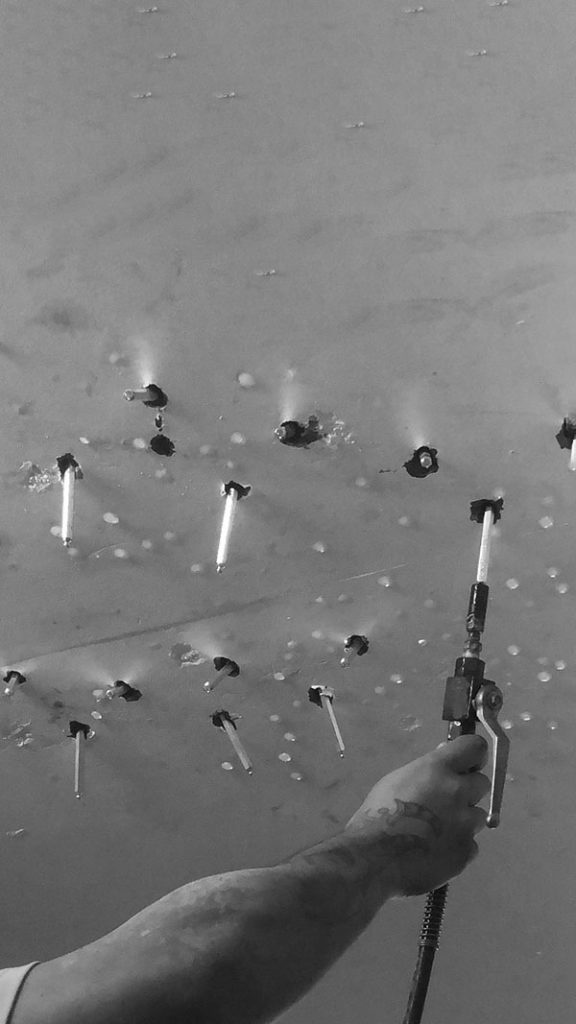
How to fix it:
At FCS Concrete, we specialize in finding and repairing water leakage in concrete slabs. Our team of experienced professionals has the knowledge and tools necessary to locate leaks quickly and efficiently, so we can get to work on repairing them as soon as possible. We use the latest technology, to accurately pinpoint the location of the leak.
Once we’ve located the leak, we’ll work with you to develop a plan for repairing it. Depending on the extent of the damage, we may need to remove a portion of the concrete slab and replace it with new material. In other cases, we may be able to repair the leak without having to remove any concrete at all. Our services include epoxy injection, which can help to seal any cracks or gaps in the concrete, as well as waterproofing solutions to help prevent future leaks.
What can happen if you don’t fix it:
If you don’t address water leakage in your concrete slab, it can lead to a variety of problems. First and foremost, excess moisture can weaken the concrete and make it more susceptible to damage over time. This can lead to more extensive repairs down the line, which can be costly and time-consuming. Additionally, excess moisture can create a breeding ground for mould and mildew, which can be harmful to your health and lead to respiratory issues. If you have any concerns about water leakage in your concrete slab, it is important to contact a professional as soon as possible to address the problem.
At FCS Concrete, we offer reliable and affordable services that are designed to get your concrete slab back to its original condition as quickly as possible. We understand the importance of addressing water leakage in a timely manner to prevent further damage, and we are committed to providing the highest quality services to our clients. Contact us today to schedule a consultation and learn more about how we can help you.
In conclusion, water leakage in concrete slabs can be a major problem, but it is important to address it as soon as possible to prevent further damage. If you notice any signs of water leakage in your concrete slab, it is important to contact a professional to address the problem. At FCS Concrete, we offer a range of services to help locate and repair water leakage in concrete slabs


